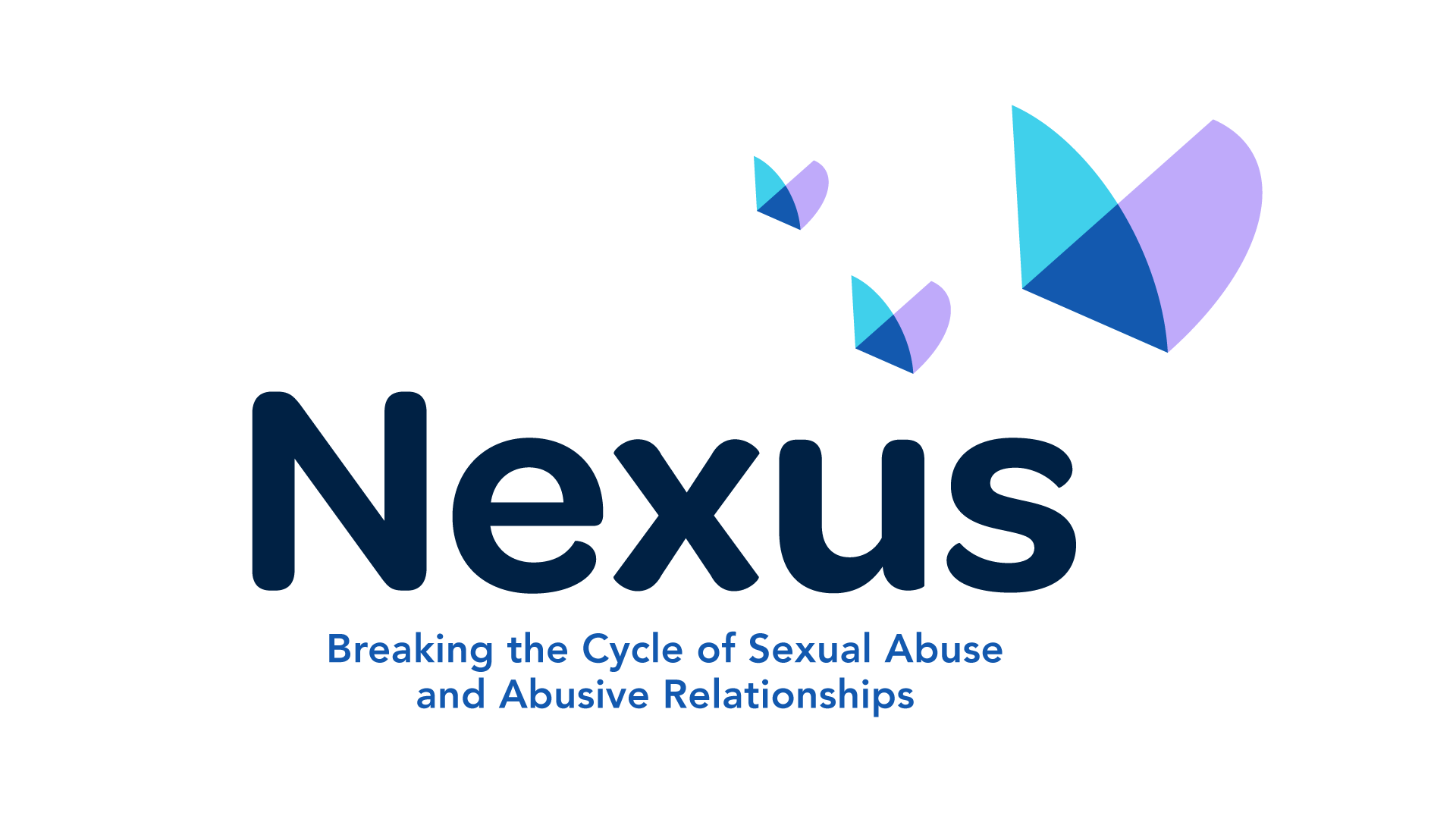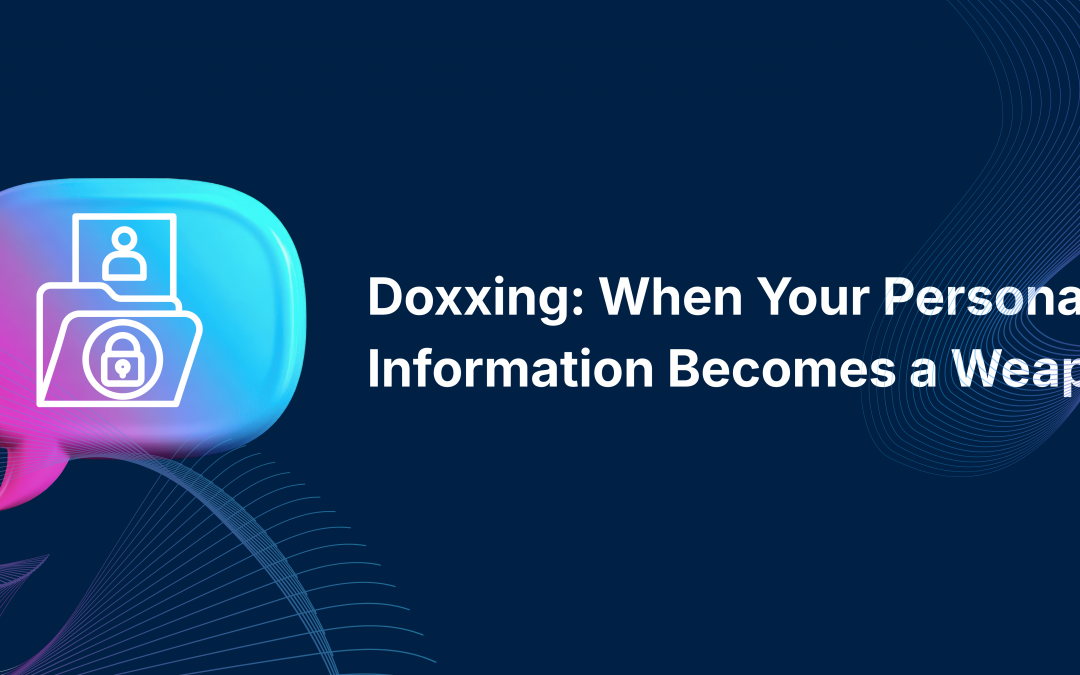Content Warning: This article discusses online harassment, stalking, and doxxing. If you need support, contact the 24/7 Domestic & Sexual Abuse Helpline on 0808 802 1414.
Imagine waking up to hundreds of threatening messages. Your home address is posted online with a call to “pay her a visit.” Strangers are calling your workplace demanding you be fired. Your children’s school information is circulating in hostile online groups. This is doxxing – and it’s becoming an increasingly common weapon used to silence, intimidate, and harm women and girls.
What is Doxxing?
Doxxing (from “dropping docs”) is the malicious publication of someone’s private information online without their consent. It is a deeply personal violation that can have devastating consequences.
Information commonly targeted includes:
- Home address
- Phone numbers
- Workplace details
- Family members’ information
- Children’s school locations
- Financial details
- Medical information
- Daily routines and locations
The goal of perpetrators is not just about exposure- it is intimidation, harassment and oftentimes inciting other to cause harm.
Doxxing rarely exists in isolation. It’s frequently part of a broader pattern of online stalking and harassment, particularly targeting women who dare to have public voices or leave abusive relationships.
Online stalking includes:
- Monitoring someone’s social media constantly
- Creating fake accounts to follow or contact them
- Tracking their location through check-ins or photos
- Contacting their friends and family
- Sending persistent unwanted messages
- Showing up at places they’ve posted about online
When doxxing combines with stalking, the danger can escalate dramatically. When a stalker obtains and publishes someone’s address it not only reveals information but potentially enables physical violence.
Research shows that 14% of women in Northern Ireland who experienced online violence said it progressed to offline abuse, harassment, or violence. Doxxing is often the bridge between online and offline harm.
In Northern Ireland, over 80 alleged stalkers were arrested in the first year of stalking legislation (introduced in 2022), and with 87% of UK adults owning smartphones, cyberstalking has never been more accessible.
The Gendered nature of doxxing
Women face doxxing differently than men. When women are doxxed, it’s often accompanied by:
Sexual harassment and threats:
- Explicit sexual messages and images sent to published phone numbers
- Rape and death threats referencing their home address
- Sexualised harassment mentioning family members
- Graphic descriptions of violence
- Pornographic images sent repeatedly
Gender-specific targeting:
- Mothers have their children’s information exposed
- Professional women face workplace harassment campaigns
- Women who speak about feminism, domestic abuse, or women’s rights are particularly targeted
- Intimate partner abuse survivors are doxxed by ex-partners to maintain control
Ideologically Motivated Doxxing: Incel and Femcel Communities
- Certain online communities have become known for coordinating doxxing campaigns against individuals who challenge their worldviews. Incel (involuntary celibate) and femcel (female involuntary celibate) communities sometimes engage in targeted harassment campaigns, including doxxing, against people they perceive as ideological opponents.
**Common triggers include:**
- Expressing feminist views or discussing gender equality
- Challenging harmful narratives about relationships or gender
- Creating content about healthy masculinity or femininity
- Discussing body positivity or rejecting toxic beauty standards
- Speaking about consent, boundaries, or respectful relationships
These communities often operate across multiple platforms, sharing “targets” and personal information within their networks. Members may be motivated by perceived ideological slights, disagreements about gender roles, or simply because someone represents views they oppose.
The danger of ideologically motivated doxxing is that it can mobilise large numbers of people who feel they’re part of a shared mission, making the harassment more sustained and severe.
The “Pile-On” Effect
Doxxing often triggers coordinated harassment campaigns. Once personal information is public, multiple perpetrators join in:
- Mass phone calls and messages
- Harassment of employers demanding termination
- False reports to child services
- Swatting (false emergency calls to police)
- Vandalism of property
- Physical confrontations at home or work
- Harassment of family members
This mentality amplifies harm exponentially. What starts with one person posting an address can become hundreds of people weaponising that information.
Doxxing isn’t “just online” – it has serious offline impacts:
Safety risks:
- Physical violence or threats at home
- Stalking and unwanted visits
- Risks to children and family members
- Need to relocate or go into hiding
Economic harm:
- Job loss from workplace harassment
- Costs of moving house
- Legal fees
- Lost income from time off work
Psychological trauma:
- Severe anxiety and hypervigilance
- PTSD symptoms
- Depression
- Loss of sense of safety
- Constant fear for self and family
Social isolation:
- Withdrawal from public life
- Deleting social media accounts
- Avoiding public events
- Severed relationships with people who saw the information
The goal of doxxing is often exactly this: to force women into silence and invisibility.
What To Do If You’ve Been Doxxed
Immediate Steps:
- Don’t engage with harassers – responses often escalate the situation
- Document everything – screenshot posts, save threatening messages, note dates and usernames
- Contact platforms – report doxxing to Facebook, Twitter, Reddit, etc. Most have policies against publishing private information
- Secure your accounts – change passwords, enable two-factor authentication, review privacy settings
- Alert relevant parties – inform your employer, children’s school, and local police about the situation
- Consider physical safety – change routines, if necessary, inform trusted neighbours, review home security
Protecting Yourself: Prevention Strategies
While responsibility lies with perpetrators, you can take steps to reduce risk:
Privacy hygiene:
- Google yourself regularly to see what’s publicly available
- Remove personal information from people-search websites
- Use privacy settings on all social media platforms
- Avoid posting location data or routine information
- Use a PO Box or work address for public-facing registrations
- Keep separate personal and professional social media accounts
- Be cautious about sharing children’s images or school information
For Those Who Witness Doxxing
If you see someone being doxxed:
DO:
- Report the content to the platform
- Offer support privately to the target
- Amplify their voice if they want visibility
- Avoid sharing or engaging with doxxing content
DON’T:
- Share screenshots that contain the person’s information (even to condemn it)
- Tag or name the person in discussions about the doxxing
- Engage with harassers
- Pressure the person to respond publicly
Doxxing is about power and control. It’s used to punish women for having opinions, for leaving abusive relationships, for existing in public spaces. When combined with online stalking and sexual harassment, it becomes a comprehensive tool of gendered violence.
Research shows that 85% of people in Northern Ireland support making online violence against women and girls a criminal offence. Yet 70% believe existing legislation isn’t effective. We need stronger laws, better platform accountability, and a collective refusal to tolerate this abuse.
If you’ve been doxxed, stalked online, or sexually harassed, know this: you are not alone, and it is not your fault. You have the right to exist online, to speak your truth, and to live without fear.
Doxxing thrives on isolation and shame. By naming it, understanding it, and supporting survivors, we can fight back against this insidious form of abuse.
Nexus NI is here to support you – whether you’re experiencing doxxing as part of domestic abuse, sexual harassment, or targeted online violence.
Get Help Now
Nexus NI
Nexusni.org
Other Support:
24/7 Domestic & Sexual Abuse Helpline: 0808 802 1414
PSNI Non-Emergency: 101
Emergency: 999
Safety Notice: If someone is monitoring your device, use private browsing or access support from a safe location. Press Escape to quickly leave this page.
Published by Nexus NI as part of our 16 Days of Activism campaign to End Violence Against Women and Girls. November 2025.





